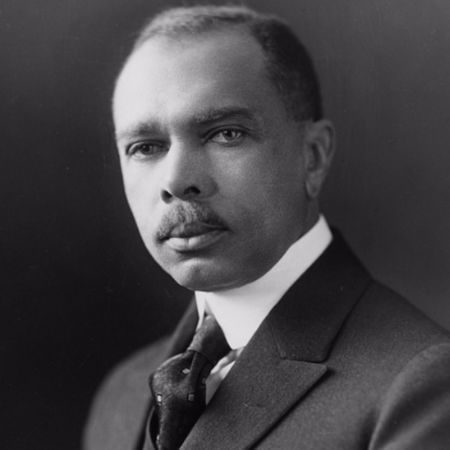Trade, Trade versus Art,
Brain, Brain versus Heart;
Oh, the earthiness of these hard-hearted times,
When clinking dollars, and jingling dimes,
Drown all the finer music of the soul.
Life as an Octopus with but this creed,
That all the world was made to serve his greed;
Trade has spread out his mighty myriad claw,
And drawn into his foul polluted maw,
The brightest and the best,
Well nigh,
Has he drained dry,
The sacred fount of Truth;
And if, forsooth,
He has left yet some struggling streams from it to go,
He has contaminated so their flow,
That Truth, scarce is it true.
Poor Art with struggling gasp,
Lies strangled, dying in his mighty grasp;
He locks his grimy fingers ’bout her snowy throat so tender.
Is there no power to rescue her, protect, defend her?
Shall Art be left to perish?
Shall all the images her shrines cherish
Be left to this iconoclast, to vulgar Trade?
Oh, that mankind had less of Brain and more of Heart,
Oh, that the world had less of Trade and more of Art;
Then would there be less grinding down the poor,
Then would men learn to love each other more;
For Trade stalks like a giant through the land,
Bearing aloft the rich in his high hand,
While down beneath his mighty ponderous tread,
He crushes those who cry for daily bread.
Published:
2000
Length:
Regular
Literary Movements:
Harlem Renaissance
Anthology Years:
2021
2023
Themes:
Ars Poetica
Literary Devices:
Rhetorical Question
a question asked for effect, not necessarily to be answered
Rhyme
correspondence of sound between words or the endings of words, especially when these are used at the ends of lines of poetry
Simile
a comparison between two unlike things using the words “like” or “as”

